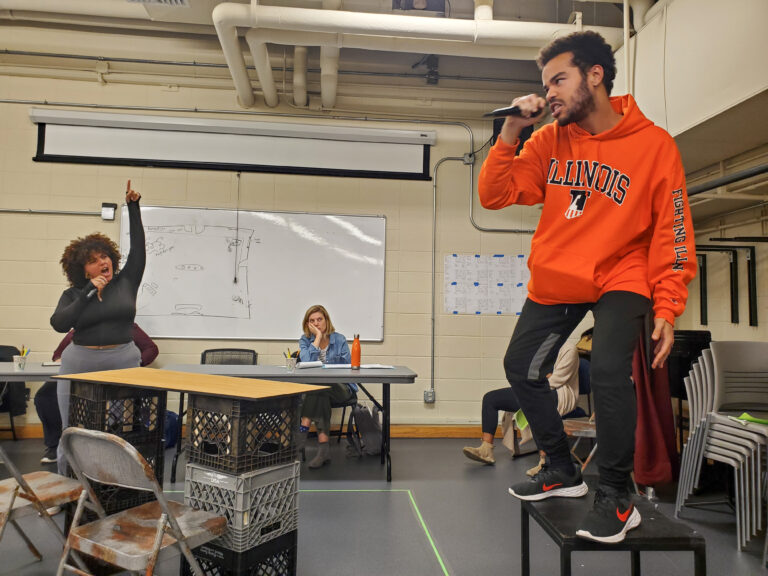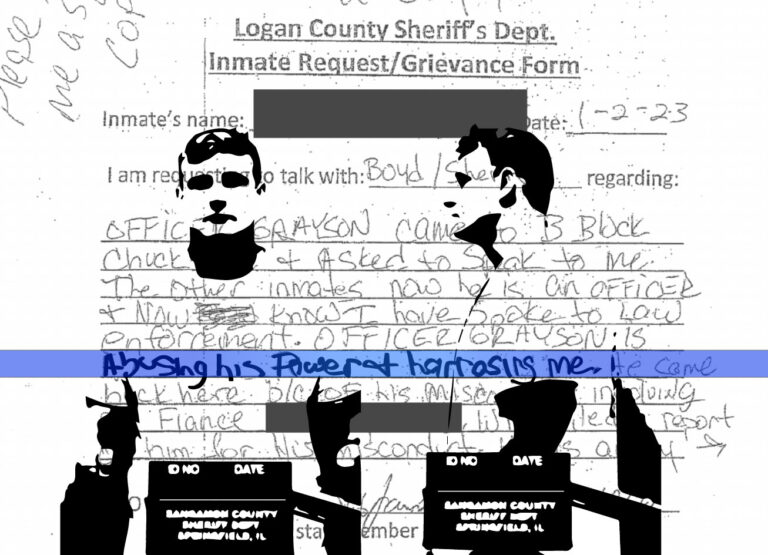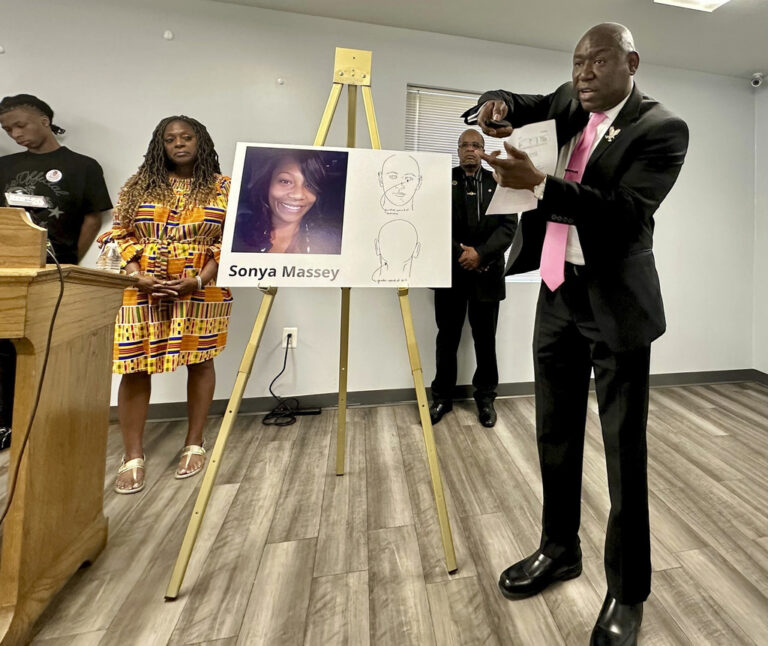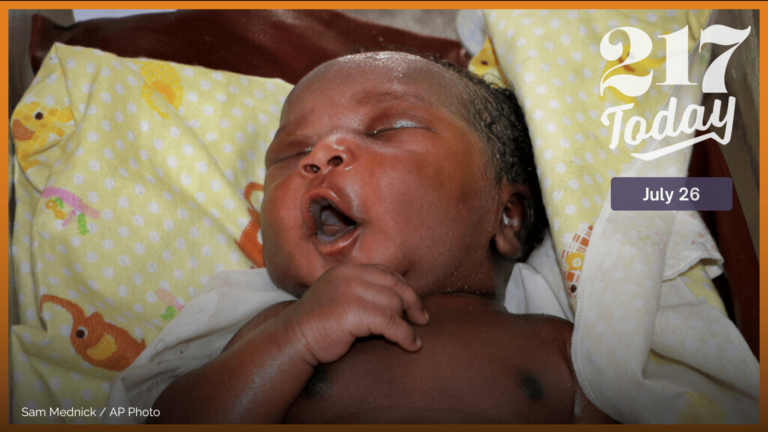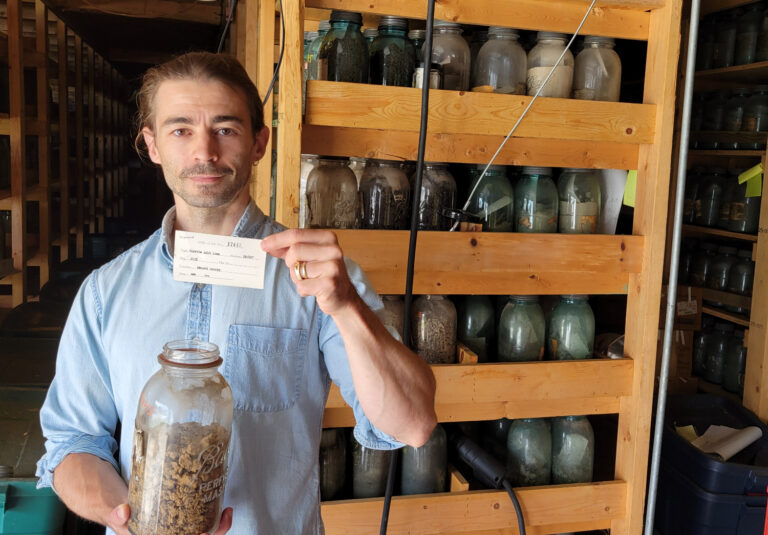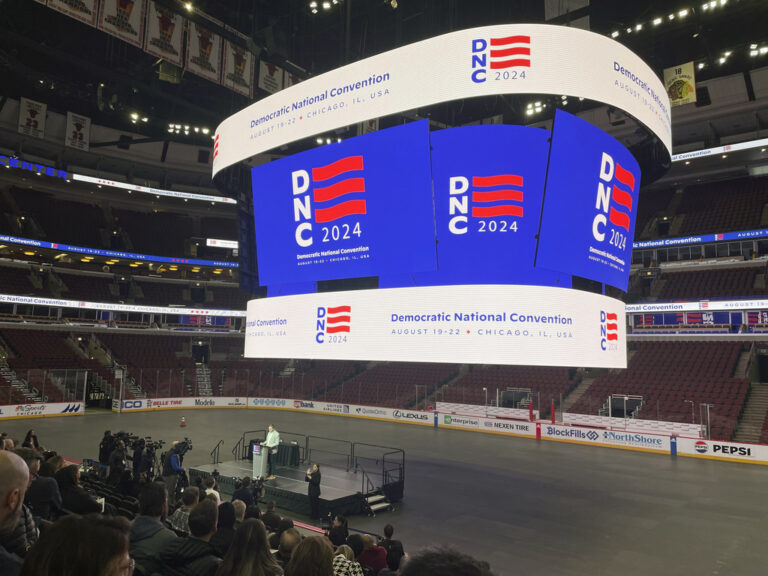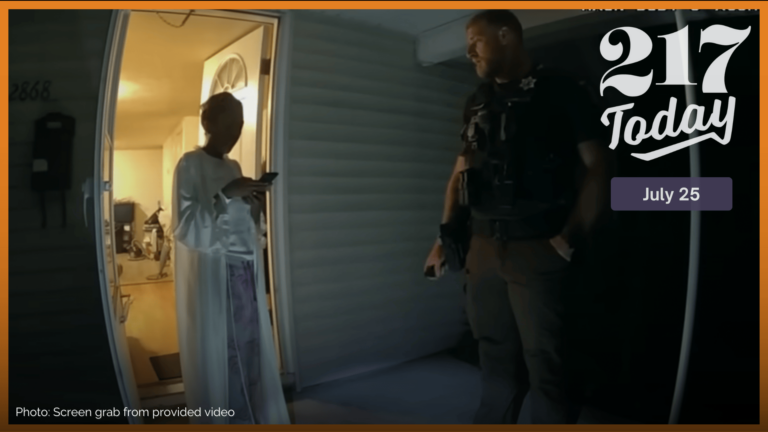Urbana – The Realness: a break beat play is a theatrical production focusing on 90s hip-hop culture, set to be staged this November in Urbana. Directed by Aaron Muñoz and organized by Illinois Theatre, the play aims to represent the stories and experiences of this era in hip-hop.
The Realness: a break beat play. opens on Friday, November 3rd and runs through Friday, November 10th at the Studio Theatre at the Krannert Center for the Performing Arts in Urbana. All shows are at 7:30pm.
Morning Edition’s Kimberly Schofield interviewed Muñoz to discuss the play’s themes and intentions.
(the following interview has been edited for length and clarity)
Kimberly Schofield: Aaron, for those who might not know, can you explain what a breakbeat play is?
Aaron Muñoz: Idris Goodwin, the playwright, kind of coined the term. Break beat plays are hip-hop theater. So kind of merging the aesthetic…not only the music of hip-hop, but the kind of resistance culture, the creativeness, the diversity of hip-hop, and using theater as a device to tell those stories.
KS: Was there any specific reason behind picking this show?
AM: I’ve just been a really big fan of this play. I think that there are a lot of really wonderful works of art and theater pieces that center on Black and Brown trauma. This is a piece that celebrates joy, that celebrates love, but at the center of it is a celebration of culture and the idea of growing up and falling in love.
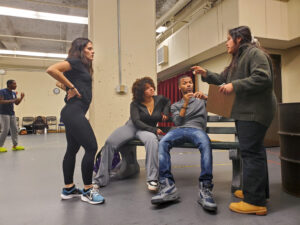
KS: And there are still amazing works that have been done and are really popular that were created by people who are in the majority. So I like to hear that the people who might be underrepresented are now going to be reflected in art and are creating art that’s being put on.
AM: Absolutely. We’re looking at exploring what the new canon is. Too often we see this idea of classic or classical related to a particular demographic: older white men….who have some really wonderful works to offer and should still be celebrated. But they kind of run the gambit of the human experience. My goal as a director, especially in this piece, is to explore that…to say that not all of the expressions of the stories that we see in our Black and Brown communities are specifically rooted in things that hurt us.
KS: What was the students’ reaction when they got into this show? I imagine that it might not have been as familiar to some of the students.
AM: Right? Honestly, there was a lot of excitement about this play, particularly with the students in the production, as we spent the first couple of days around the table just talking about the references from the 90s…who their parents understand, but they don’t necessarily understand…and breaking down all of those things. There was a large connection to the characters in the play and ensemble of actors that we have. One of our grad students Y’vonne Rose Smith mentioned that this is the first time that she’s played a specifically Black character written by Black playwright as a Black woman. It was really special to her to be bringing her own life experience to telling this story.
KS: Does this take you back? Are there any hip-hop artists that you think of when you are working on this show?

AM: Of course, I mean, one of the reasons I’m directing this is because this is definitely my era. Black Star, A Tribe Called Quest, the Fugees, which are referenced in the play. Missy Elliott, Jay-Z, Biggie, Tupac. There’s a lot of wonderful artists during this time and it was very formative for me as a young person. And also there’s something about listening to a piece of music, as in any connection to a piece of art, that can transport you. I think that some of this music really transports me. I think it’ll transport the audience and our actors are really excited to put forth this kind of late 90s hip-hop era.
KS: What would you say to people who want to come to the show, but they might be unfamiliar with that genre or that era? What can they expect to see?
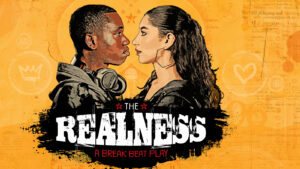 AM: I think they can expect to see a really well told story that involves hip-hop culture at a specific time. It takes place in a Midwest city in the late 90s. And for those people who have kind of lived through that or experienced that era, there will be definitely some nostalgia attached to that. But I think anyone else coming who is new to it will get to see a love story that is also centered in what it is to be your true self. There’s going to be some hip-hop performances, there’s going to be some dancing, there’s going to be some laughing and hopefully people will come away not in their heads a little bit, even if they don’t know anything about hip-hop or have no connection to that idea of the music or the culture.
AM: I think they can expect to see a really well told story that involves hip-hop culture at a specific time. It takes place in a Midwest city in the late 90s. And for those people who have kind of lived through that or experienced that era, there will be definitely some nostalgia attached to that. But I think anyone else coming who is new to it will get to see a love story that is also centered in what it is to be your true self. There’s going to be some hip-hop performances, there’s going to be some dancing, there’s going to be some laughing and hopefully people will come away not in their heads a little bit, even if they don’t know anything about hip-hop or have no connection to that idea of the music or the culture.
Krannert Center for the Performing Arts is an underwriter of Illinois Public Media.

